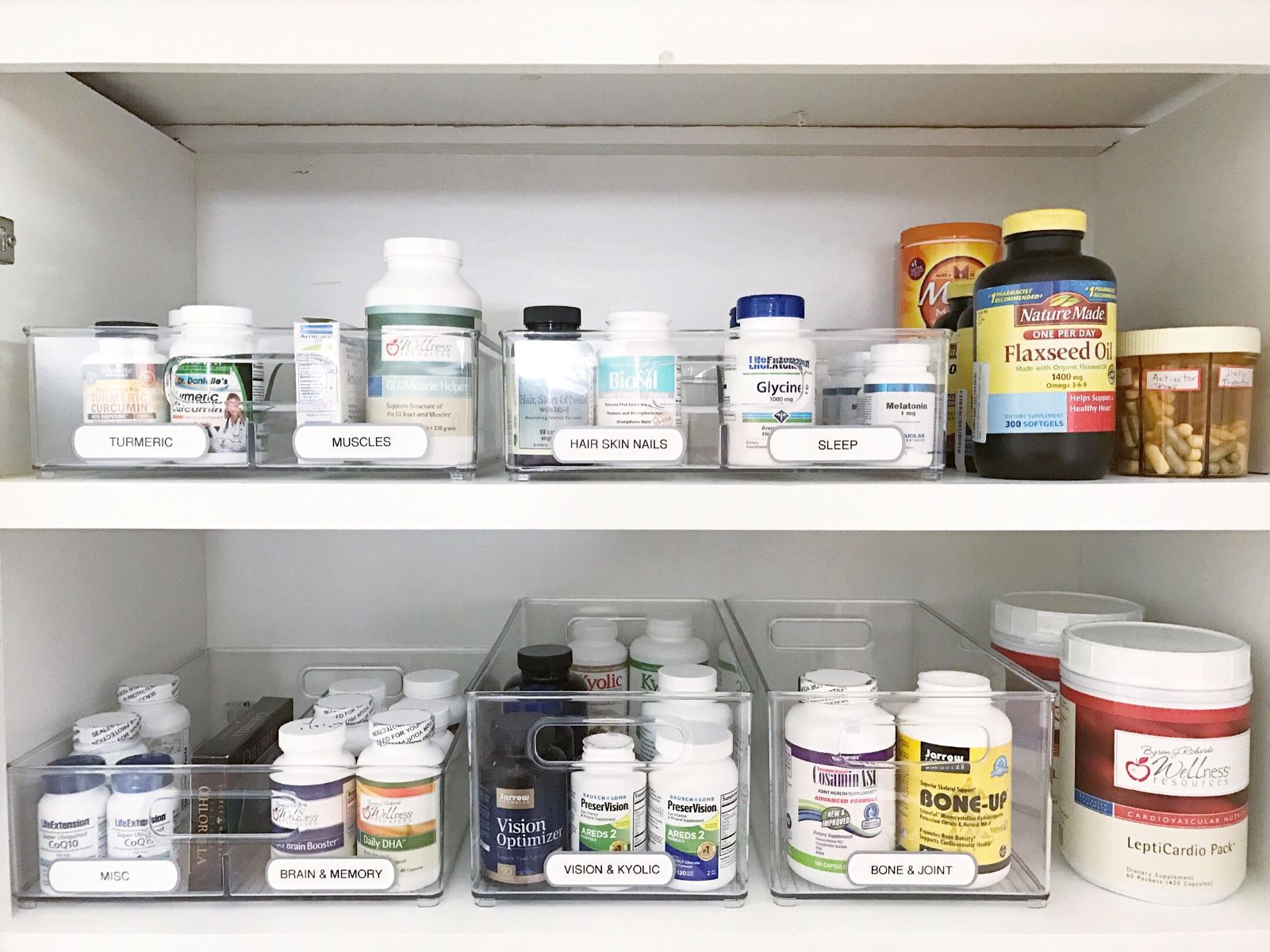

Articles
How To Store Vitamins
Modified: February 7, 2024
Looking for articles on how to store vitamins? Discover effective tips and techniques to ensure the longevity and potency of your vitamin supplements.
(Many of the links in this article redirect to a specific reviewed product. Your purchase of these products through affiliate links helps to generate commission for Storables.com, at no extra cost. Learn more)
Introduction
Proper storage of vitamins is essential to maintain their potency and effectiveness. Whether you take multivitamins, specific vitamin supplements, or get your vitamins through a well-balanced diet, understanding how to store them correctly can ensure that you are reaping all the benefits they offer.
Vitamins play a crucial role in maintaining overall health and well-being. They support various bodily functions, including immune system function, energy production, and cell regeneration. However, these essential nutrients can degrade over time when exposed to certain factors, such as light, temperature, and moisture.
In this article, we will explore the importance of proper vitamin storage, the factors that can affect vitamin stability, and the best practices for storing vitamins to maximize their shelf life and preserve their potency.
Key Takeaways:
- Proper vitamin storage is essential to maintain potency, prevent spoilage, and protect your health. Follow best practices, store in cool, dark places, and check expiration dates to maximize effectiveness.
- Factors like light, temperature, air, and moisture can affect vitamin stability. Store fat-soluble vitamins in cool, dark places and water-soluble vitamins in cool, dry areas to preserve their effectiveness.
Read more: How To Store Gummy Vitamins
Importance of Proper Vitamin Storage
Proper vitamin storage is vital because vitamins are sensitive to environmental conditions that can degrade their quality and potency. Exposure to factors like light, heat, air, and moisture can cause vitamins to break down, lose their effectiveness, and even become harmful.
One of the primary reasons for storing vitamins correctly is to preserve their potency. Vitamins, especially those in supplement form, are carefully formulated to deliver specific amounts of nutrients. When vitamins are exposed to unfavorable conditions, their potency decreases, and they may not provide the intended health benefits.
Additionally, some vitamins are sensitive to specific environmental factors. For example, vitamin C is highly sensitive to air and can rapidly degrade when exposed to oxygen. This can lead to a reduction in vitamin C content and a decrease in its antioxidant properties.
Proper vitamin storage is also crucial to prevent the growth of bacteria, mold, and other microorganisms. Moisture and warmth can create a favorable environment for these harmful organisms, leading to contamination of vitamins and potential health risks if consumed.
Furthermore, the cost factor should not be overlooked. Vitamins can be expensive, and improper storage may lead to premature degradation, resulting in a waste of money. By taking the time to store vitamins properly, you can ensure that you are getting the most value out of your investment.
In summary, proper vitamin storage is essential to maintain their potency, prevent spoilage, and protect your health. By following the correct storage guidelines, you can maximize the effectiveness of your vitamins and reap the full benefits they have to offer.
Factors Affecting Vitamin Stability
Several factors can affect the stability of vitamins, leading to a decrease in their potency and effectiveness. Understanding these factors can help you make informed choices when it comes to storing your vitamins.
1. Light: Many vitamins are light-sensitive and can degrade when exposed to light, especially ultraviolet (UV) light. To protect vitamins from light damage, it is essential to store them in opaque containers or packaging. Keep them away from direct sunlight, as exposure to light can lead to vitamin breakdown and loss of potency.
2. Temperature: Temperature plays a significant role in vitamin stability. Excessive heat or extreme temperature fluctuations can accelerate the degradation process. It is recommended to store vitamins in a cool and dry place, away from sources of heat such as stoves, ovens, or direct sunlight. Refrigeration may be necessary for certain vitamins, especially if the label instructs to do so.
3. Air and Moisture: Vitamin compounds can be sensitive to air and moisture. Exposure to oxygen and humidity can trigger oxidation and lead to vitamin degradation. To protect vitamins from these elements, ensure that containers are tightly sealed and stored in a dry environment. Consider using moisture-absorbing packets or silica gel packs to absorb any excess moisture.
4. Time: The shelf life of vitamins can vary depending on the specific type and formulation. Over time, vitamins can naturally degrade, even under ideal storage conditions. It is important to check the expiration dates on vitamin bottles and supplements and discard any expired products. Using expired vitamins may not provide the intended nutritional benefits and could potentially be harmful.
5. Packaging: The quality of the packaging can affect vitamin stability. It is advisable to choose supplements from reputable manufacturers that use opaque, airtight, and moisture-resistant packaging. Avoid purchasing vitamins that are in clear containers or exposed to air, as this increases the risk of nutrient loss due to light and oxygen exposure.
By being aware of these factors, you can take the necessary precautions to ensure proper vitamin storage and maximize their shelf life and effectiveness.
Best Practices for Storing Vitamins
To maintain the potency and effectiveness of your vitamins, it is essential to follow some best practices for proper storage. By implementing these practices, you can ensure that your vitamins stay fresh and provide the intended health benefits.
1. Read and Follow Instructions: Always read the storage instructions provided on the vitamin container or packaging. Some vitamins may have specific storage requirements, such as refrigeration. Follow these instructions carefully to maintain the integrity of the vitamins.
2. Store in a Cool, Dry Place: It is recommended to store vitamins in a cool and dry place, away from direct sunlight and heat sources. Excessive heat can accelerate the degradation process, while moisture can lead to vitamin breakdown. Avoid storing vitamins in the bathroom, near the stove, or anywhere prone to high humidity.
3. Use Opaque Containers: Light exposure can be detrimental to vitamins, causing them to lose their potency. Store vitamins in opaque containers or keep them in their original packaging, ensuring that light cannot penetrate through. This will help protect the vitamins from light damage and maintain their effectiveness.
4. Keep Away from Air: Oxygen exposure can lead to vitamin oxidation and degradation. To minimize contact with air, store vitamins in airtight containers or bottles. This will help preserve the vitamins’ potency and prevent moisture from entering.
5. Check Expiration Dates: Vitamins have a shelf life, and it is important to check their expiration dates. Expired vitamins may lose their effectiveness or even become harmful. Regularly inspect your vitamin supply and discard any expired products. Purchasing vitamins in smaller quantities can help ensure fresher supply and avoid wastage.
6. Avoid Transferring Vitamins: Transferring vitamins from their original packaging to another container can expose them to air, light, and moisture. It is best to keep vitamins in their original packaging unless the manufacturer advises otherwise. If you need to travel with vitamins, use small, airtight pill containers specifically designed for travel purposes.
7. Keep Out of Reach of Children: Vitamins are supplements and should be kept out of the reach of children. Store vitamins in a secure location, preferably in a locked cabinet or drawer, to prevent accidental ingestion by curious little ones.
Following these best practices can help you maintain the potency and effectiveness of your vitamins, ensuring that you receive their full nutritional benefits. By storing them properly, you can enhance their shelf life and support your overall health and well-being.
Store vitamins in a cool, dry place away from direct sunlight and moisture. Keep them in their original containers with the lids tightly closed to maintain their potency.
Storing Fat-Soluble Vitamins
Fat-soluble vitamins, such as vitamins A, D, E, and K, require special attention when it comes to storage. These vitamins are soluble in fats and oils and are stored in the body’s fatty tissues. Here are some guidelines to ensure proper storage of fat-soluble vitamins:
1. Store in a Cool, Dark Place: Fat-soluble vitamins are sensitive to heat and light. To maintain their potency, store them in a cool, dark place, away from direct sunlight or sources of heat. A pantry or cupboard away from the stove or oven is a suitable storage location.
2. Use Air-Tight Containers: Fat-soluble vitamins can deteriorate when exposed to air. Store them in air-tight containers to minimize oxidation and preserve their effectiveness. Vacuum-sealed bags or containers with secure lids can help create a protective barrier against air exposure.
3. Choose Opaque Packaging: Like all vitamins, fat-soluble vitamins are sensitive to light. Select packaging that is opaque and blocks out light. Amber glass bottles are often a good choice as they provide protection against UV rays. Ensure that the packaging is tightly sealed to prevent moisture from entering.
4. Avoid Excessive Moisture: Moisture can cause fat-soluble vitamins to deteriorate. Keep them away from humid areas, such as the bathroom or kitchen sink. Consider using moisture-absorbing packets or desiccant packs in the storage container to help maintain a dry environment.
5. Be Mindful of Temperature: Extreme temperatures can degrade the quality of fat-soluble vitamins. Avoid storing them in areas prone to temperature fluctuations, such as near a radiator or in a refrigerator door. A cool and stable temperature is ideal for maintaining the effectiveness of these vitamins.
6. Check Expiration Dates: Like all vitamins, fat-soluble vitamins have an expiration date. Be mindful of these dates and discard any expired vitamins. Expired vitamins may lose their potency and may not provide the intended health benefits.
It is important to note that fat-soluble vitamins are stored in the body, so it is crucial not to exceed the recommended daily intake levels. Consult with a healthcare professional or follow the recommended dosage instructions on the vitamin supplement packaging.
By following these guidelines, you can ensure that your fat-soluble vitamins remain potent and effective until their expiration dates, providing you with the essential nutrients your body needs.
Read more: How To Store Vitamin C Serum
Storing Water-Soluble Vitamins
Unlike fat-soluble vitamins, water-soluble vitamins, such as vitamin C and the B-complex vitamins, have different storage requirements. These vitamins dissolve in water and are not stored in the body, so it is crucial to handle and store them properly to maintain their potency. Here are some guidelines for storing water-soluble vitamins:
1. Store in a Cool, Dry Place: Water-soluble vitamins are sensitive to heat and humidity. It is important to store them in a cool, dry place, away from direct sunlight and heat sources. A pantry or cupboard in a temperature-controlled area is ideal for keeping these vitamins at their best.
2. Keep Away from Moisture: Moisture can cause water-soluble vitamins to deteriorate quickly and lose their effectiveness. Ensure that the storage area is dry and free from excess humidity. Avoid storing vitamins in the bathroom, where steam and moisture from showers can affect their quality.
3. Use Opaque Containers: Similar to fat-soluble vitamins, light exposure can also affect the stability of water-soluble vitamins. Use opaque containers or store them in their original packaging, keeping them away from light. This will help preserve the vitamins’ potency and prevent light-induced degradation.
4. Avoid Air Exposure: Water-soluble vitamins can be susceptible to oxidation when exposed to air. To minimize oxidation, store them in air-tight containers or properly seal their original packaging. This will help maintain their effectiveness and prevent nutrient loss.
5. Check Expiration Dates: Like all vitamins, water-soluble vitamins have expiration dates. Pay attention to these dates and discard any expired vitamins. Expired vitamins may not provide the intended health benefits and may have decreased potency.
6. Be Mindful of Temperature: Extreme temperatures can impact the stability of water-soluble vitamins. Avoid storing them in areas prone to temperature fluctuations, such as near stoves or refrigerators. A cool and stable temperature will help maintain the integrity and effectiveness of these vitamins.
7. Consider Proper Hygiene: When handling water-soluble vitamins, ensure your hands are clean and dry. Avoid touching the vitamins directly or exposing them to moisture. Moisture from wet hands can affect the vitamins’ quality. Using dry hands or clean utensils, such as a spoon, can help minimize contamination.
By following these guidelines, you can ensure that your water-soluble vitamins remain potent and effective. Remember that the body does not store these vitamins, so it is important to incorporate them into your daily diet or supplement routine to meet your nutritional needs.
Tips for Proper Vitamin Storage
Proper vitamin storage is essential to maintain the potency and effectiveness of your supplements. By following these tips, you can ensure that your vitamins remain fresh and provide the maximum health benefits:
1. Read the Labels: Always read and follow the storage instructions provided on the vitamin container or packaging. Different vitamins may have specific storage recommendations based on their formulation and ingredients. Pay attention to any temperature, light, or moisture requirements mentioned on the label.
2. Keep Them Sealed: To preserve the freshness and potency of your vitamins, keep them sealed when not in use. This prevents moisture and air from entering the container, which can degrade the vitamins over time. If your vitamins come in blister packs, make sure to reseal the package after removing the required dosage.
3. Avoid Repackaging: It’s best to keep your vitamins in their original packaging, especially if they are in individual blister packs or sealed bottles. Repackaging them into different containers can expose them to air, light, and moisture, leading to a decrease in potency. If you do transfer vitamins, ensure that the new container is suitable for vitamin storage and properly seals out moisture and light.
4. Store in a Cool, Dry Place: Vitamins are best stored in a cool, dry place away from heat and humidity. In general, room temperature (around 20-25 degrees Celsius or 68-77 degrees Fahrenheit) is suitable for vitamin storage. Avoid placing them near sources of heat, such as stoves or radiators, as excessive heat can accelerate the degradation process.
5. Keep Away from Light: Light exposure can degrade vitamins, especially those that are light-sensitive. Store your vitamins in a dark, opaque container or keep them in their original packaging, which is often designed to protect against light. Avoid direct sunlight or bright artificial light, as both can negatively impact the stability of the vitamins.
6. Consider Refrigeration for Some Vitamins: Certain vitamins, particularly probiotics and liquid-based supplements, may benefit from refrigeration. Check the label or consult the manufacturer’s instructions to determine if refrigeration is recommended. If refrigeration is required, store them in the refrigerator’s main compartment, not the door, to maintain a more consistent temperature.
7. Keep Out of Reach of Children: Vitamins are not candies and should be kept out of reach of children. Ensure that your vitamins are stored in a safe place that is inaccessible to young children. If necessary, use childproof containers or locked cabinets to prevent accidental ingestion.
8. Regularly Check Expiration Dates: Vitamins have expiration dates for a reason. Over time, the potency of vitamins can deteriorate, rendering them less effective or potentially harmful. Routinely check the expiration dates on your vitamin bottles and discard any expired products. Consider purchasing vitamins in smaller quantities to avoid the risk of using expired supplements.
By following these tips, you can optimize the storage of your vitamins and maintain their potency, ensuring that you receive their full nutritional benefits when you take them.
Conclusion
Proper vitamin storage is crucial in preserving the potency and effectiveness of these essential nutrients. By understanding the importance of proper storage and following best practices, you can ensure that your vitamins remain fresh and provide the maximum health benefits.
Factors such as light, temperature, air, moisture, and time can affect the stability of vitamins. Light-sensitive vitamins should be stored in opaque containers, protected from direct sunlight. Both fat-soluble and water-soluble vitamins benefit from being stored in cool, dry places to minimize degradation. Remember to check expiration dates regularly and discard any expired vitamins to avoid consuming ineffective or potentially harmful supplements.
Storing fat-soluble vitamins requires attention to factors such as temperature, light, air, and moisture. Keep them in a cool, dark place, sealed in opaque containers, and away from humidity to maintain their potency and prevent spoilage.
Water-soluble vitamins, on the other hand, should be stored in cool, dry places, sealed in airtight containers or their original packaging. Protect them from light exposure to preserve their effectiveness.
To ensure proper storage, always read and follow the instructions provided on the vitamin packaging. Avoid transferring vitamins to different containers unless necessary, as this can expose them to air, light, and moisture. Instead, keep them in their original packaging whenever possible.
Remember to store vitamins out of reach of children and regularly check expiration dates to maintain their effectiveness. By implementing these practices, you can maximize the shelf life of your vitamins, protect their potency, and make the most of their health benefits.
So, next time you bring home vitamins or supplements, pay close attention to their storage requirements and ensure that you store them in optimal conditions. Taking a little extra care in how you store your vitamins can go a long way in supporting your overall health and well-being.
Frequently Asked Questions about How To Store Vitamins
Was this page helpful?
At Storables.com, we guarantee accurate and reliable information. Our content, validated by Expert Board Contributors, is crafted following stringent Editorial Policies. We're committed to providing you with well-researched, expert-backed insights for all your informational needs.

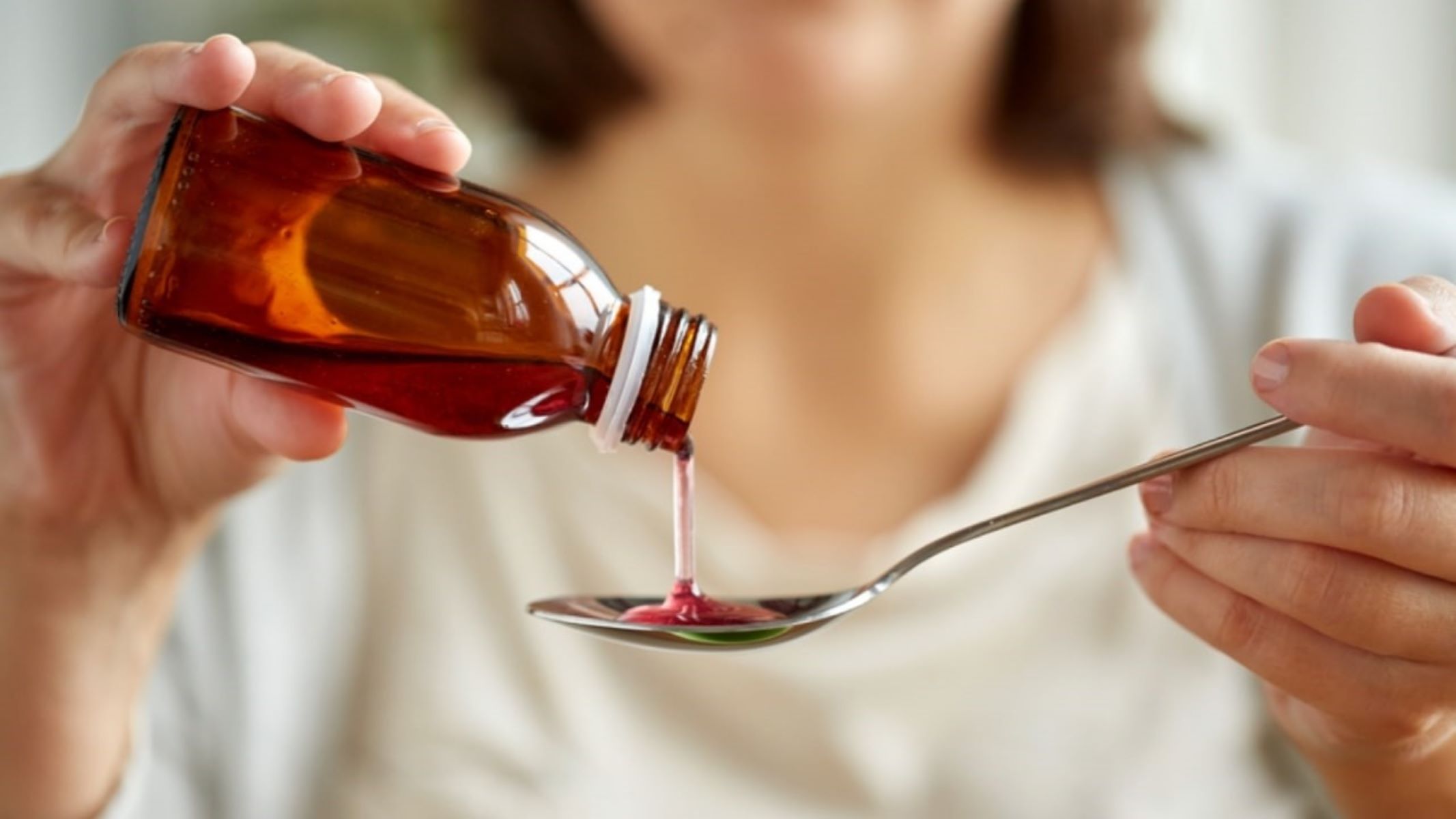

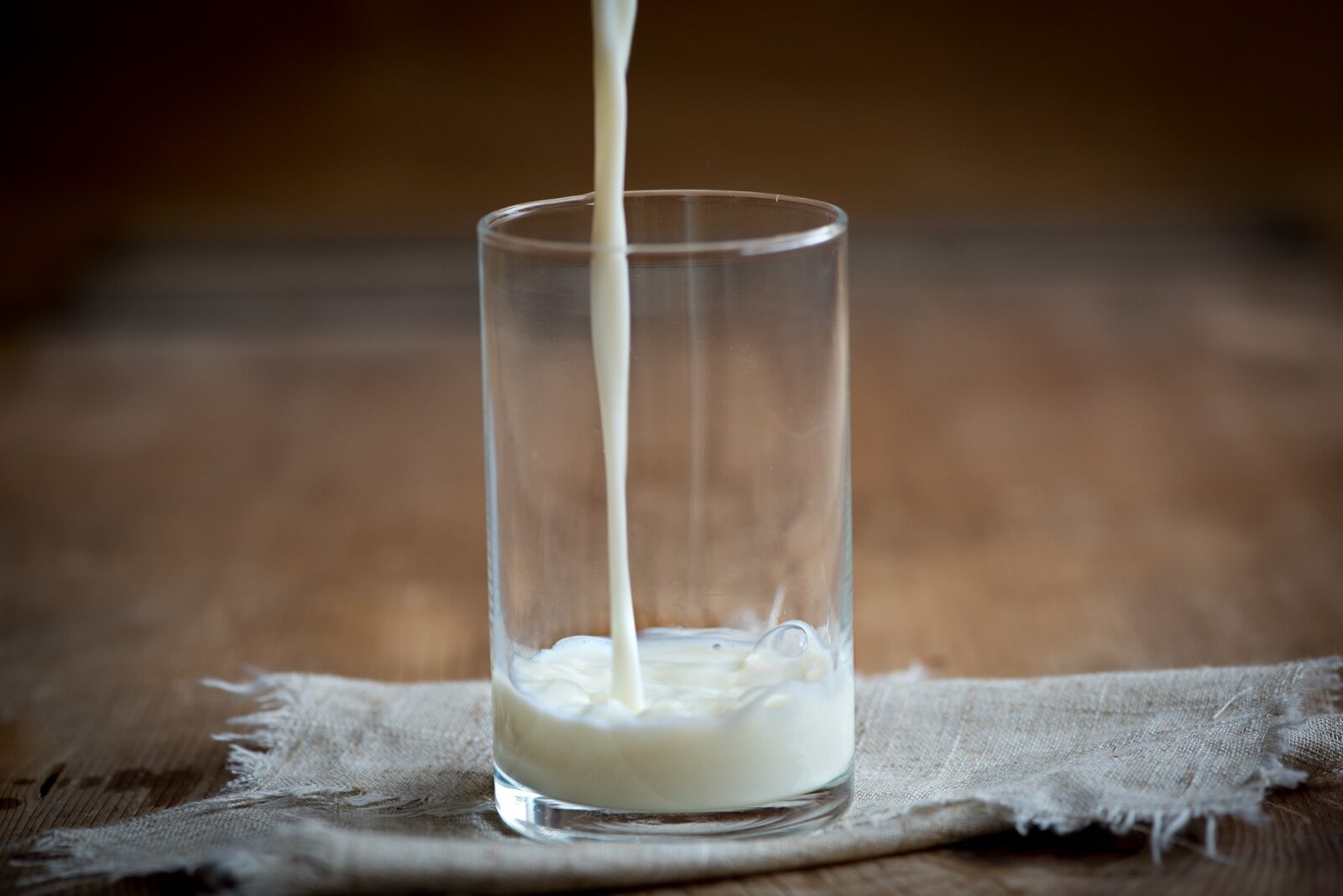



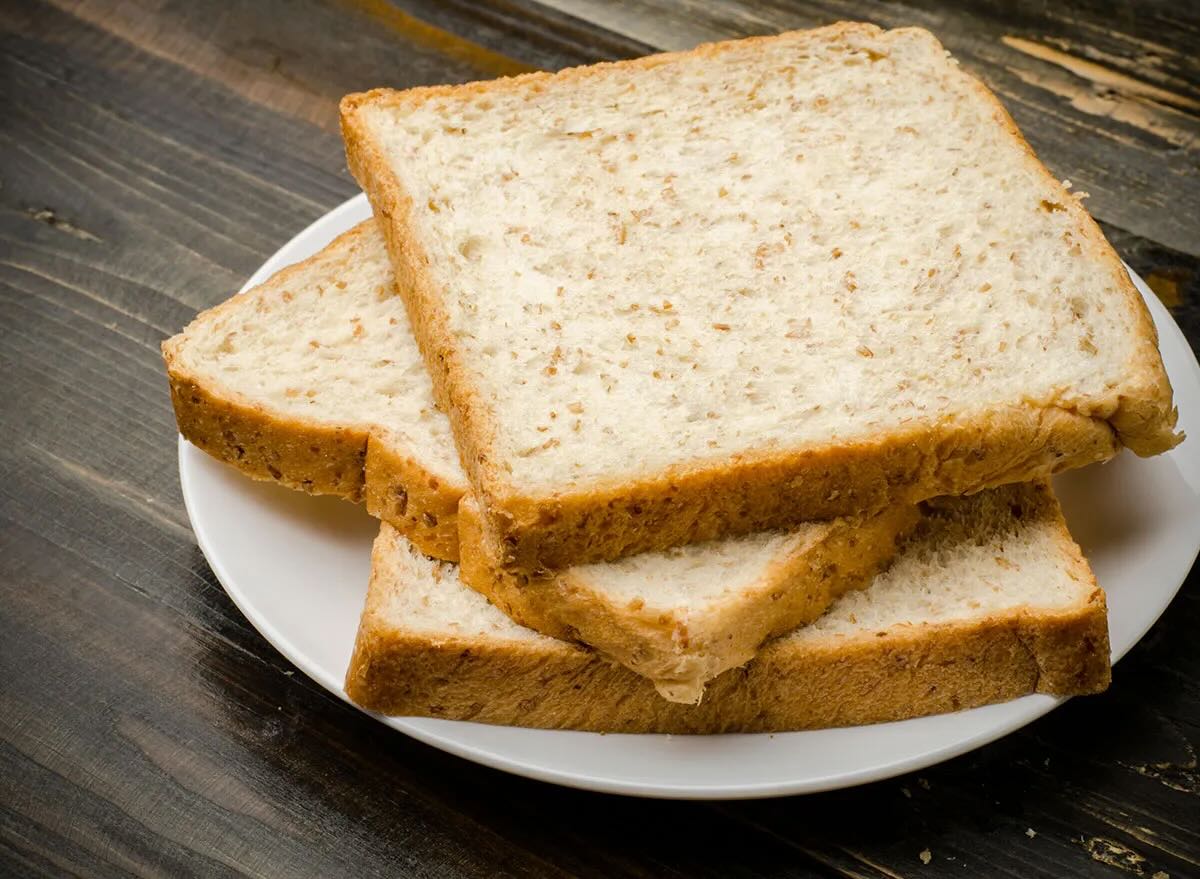
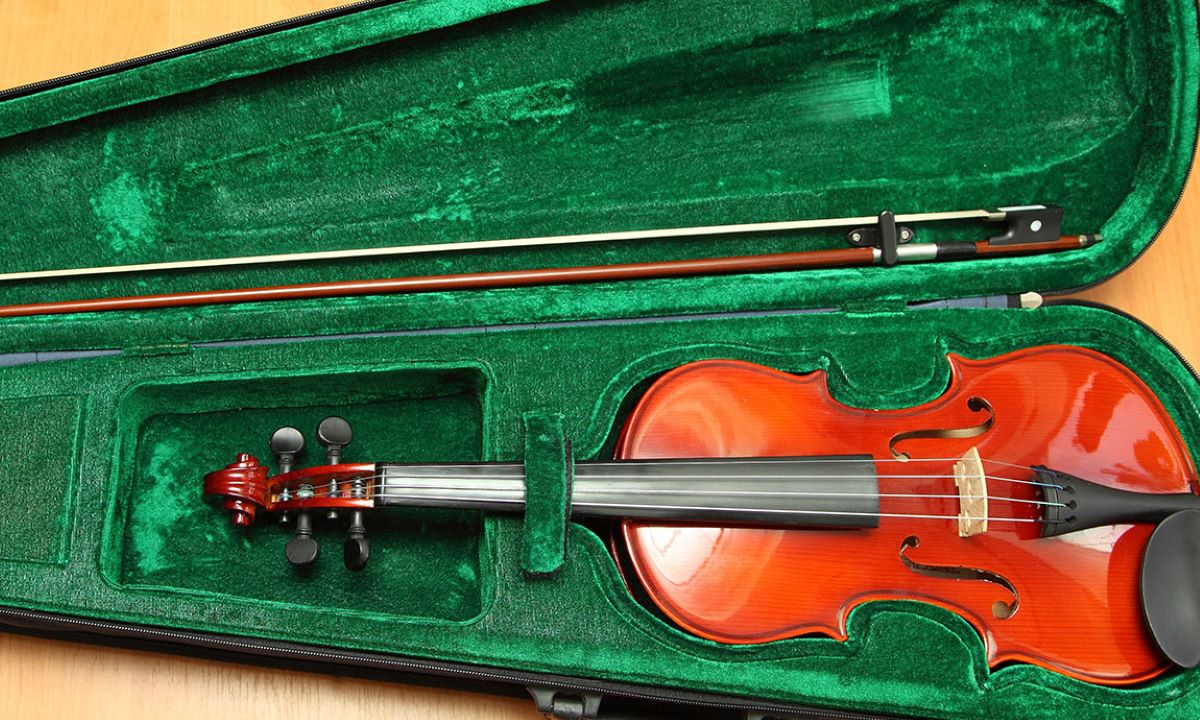


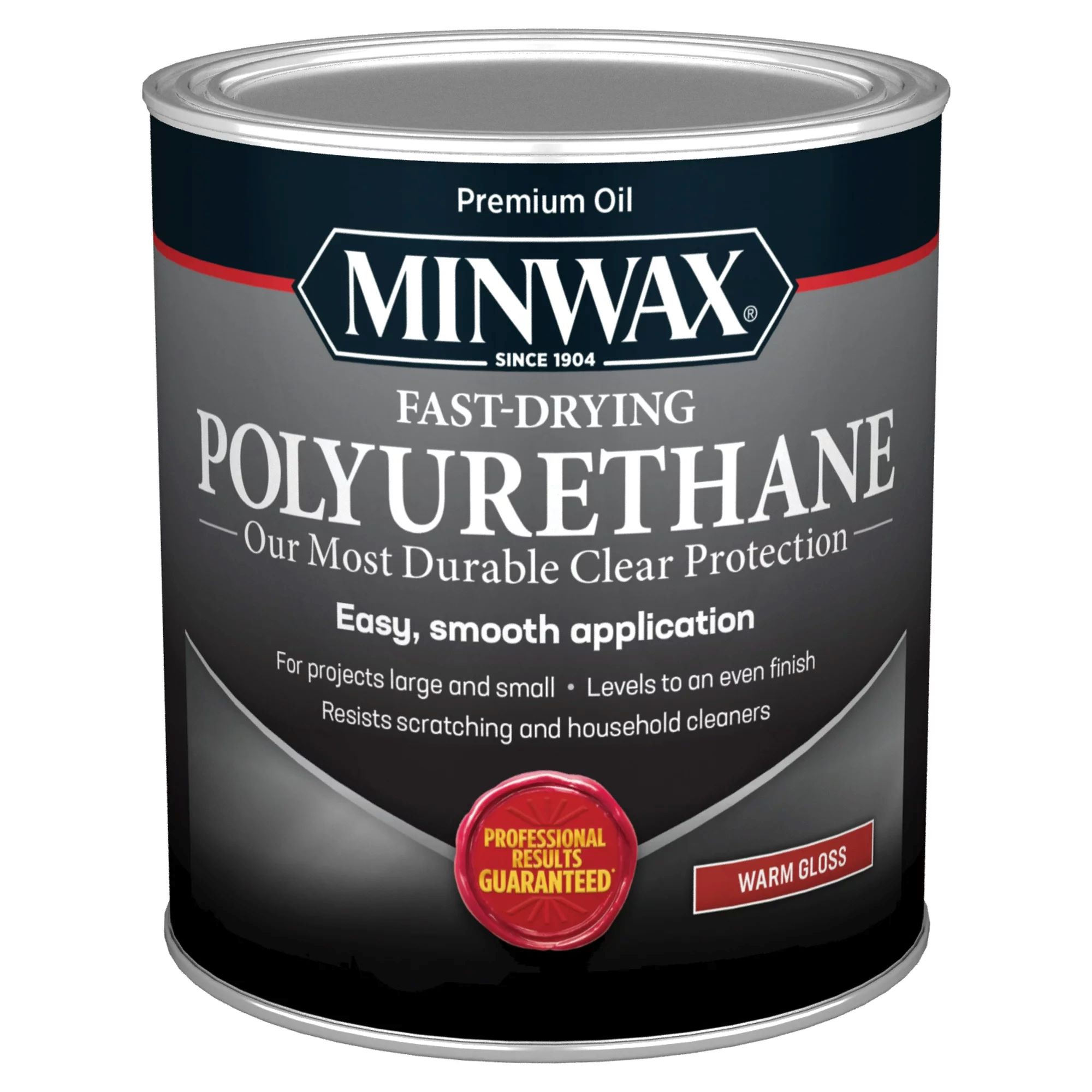



0 thoughts on “How To Store Vitamins”